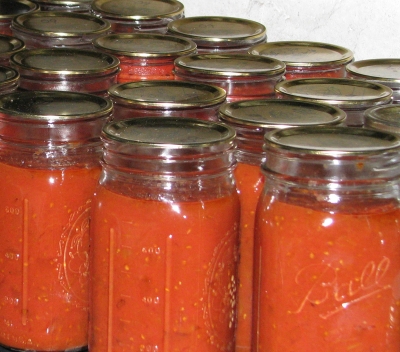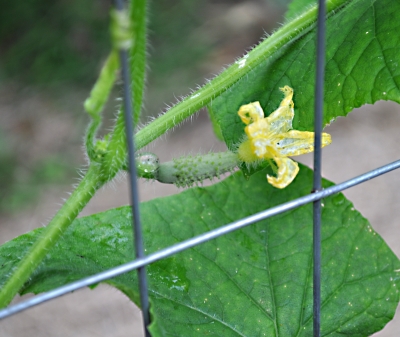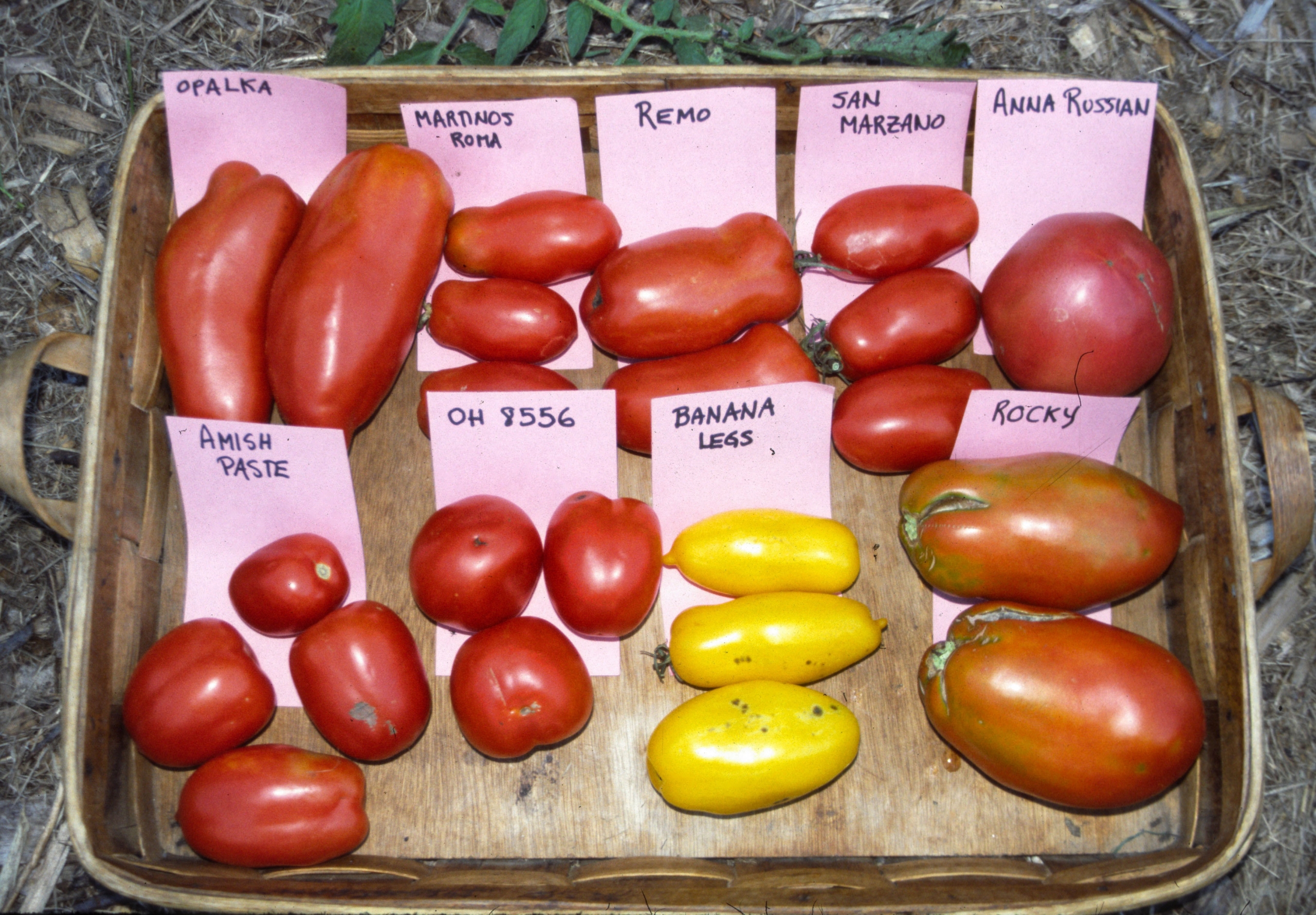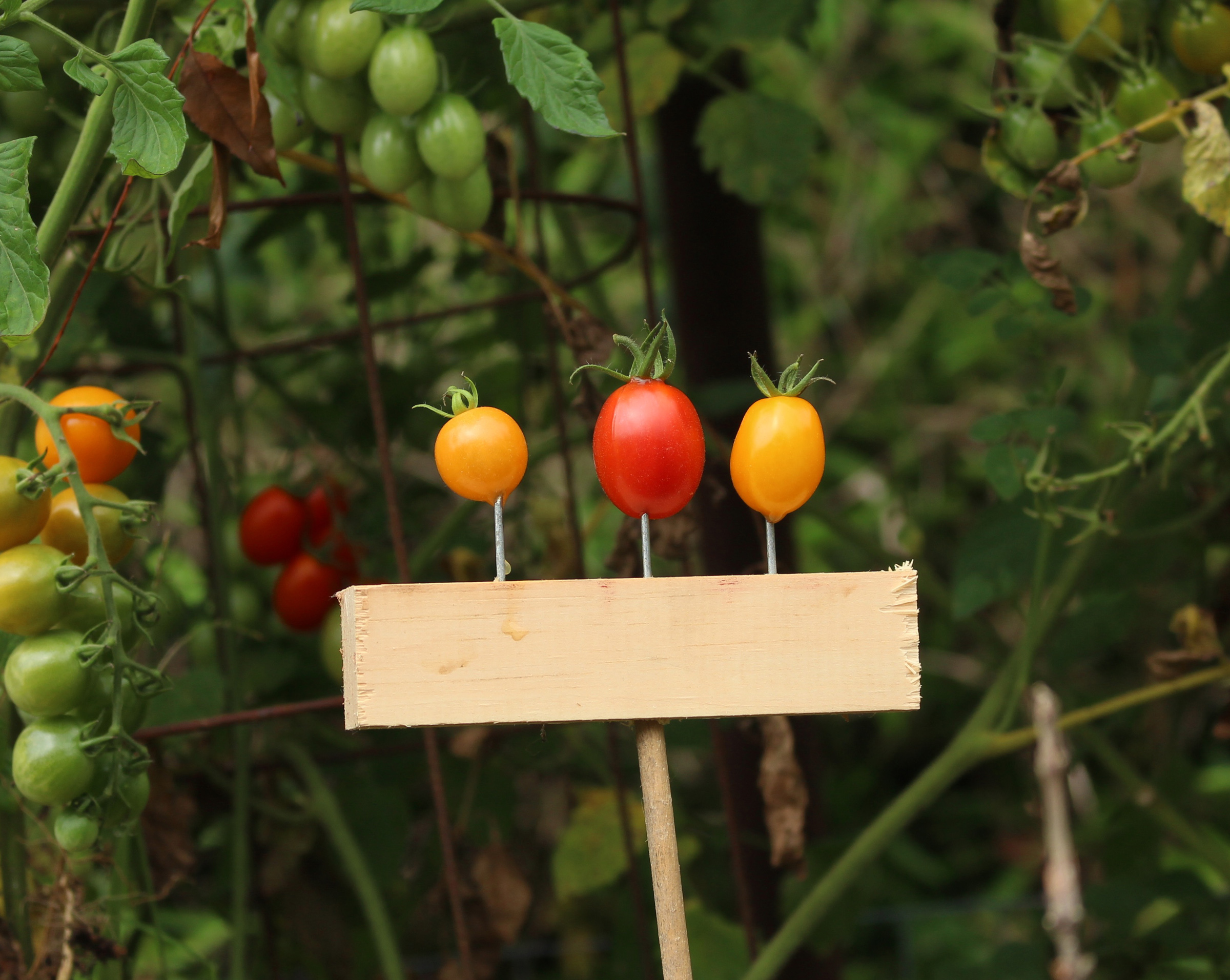AND THE BEST PASTE TOMATO IS . . .
/31 Comments/in Gardening, Vegetables/by Lee ReichIs a Tomato a Tomato
If a rose is a rose is a rose is a rose, then a tomato is a tomato is a tomato. Or surely a paste tomato is. After all, paste tomatoes are rarely eaten fresh; they are mostly just cooked.
Each summer in my garden, we grow and put up enough canned tomatoes to keep us in soup, stew, and sauce for at least a year.  A couple of summers ago, I sorted through some of the paste tomato varieties available, planting, growing, and evaluating flavors of the reputed best. These were varieties highly touted by seed purveyors, some gardeners, and on the web.
A couple of summers ago, I sorted through some of the paste tomato varieties available, planting, growing, and evaluating flavors of the reputed best. These were varieties highly touted by seed purveyors, some gardeners, and on the web.
I admit to entering this foray with prejudices. Read more
PLANTS FOR TEENS
/0 Comments/in Flowers/by Lee ReichDo This! Do That!
The teenage years are turbulent times. Yet there are a couple of plants that could soothe the teen spirit, whether said teenager is a gardener or not.
Newfound independence makes a teenager soon tire of being told to “do this” or “do that.” Letting a teenager dish out some of this himself or herself might assuage some of the bother in hearing it. And the plant for this job is obedience plant, a plant that gets it’s name for how well the flowers obey. Botanically, the plant is Physostegia virginiana, but it also parades under the common name “false dragonhead”. Hmmmm.
At any rate, point the plant in whatever direction desired — to have them all flowers face outwards in a vase, for example — and theyill stay put.
Even we parents of teenagers can enjoy obedience plant, not because it obeys without an upward roll of its eyes or murmuring, but because it’s a pretty plant, obedient or not.  Its flowering wands rise three or four feet high, each closely studded along its top portion with tubular, lipped blossoms that are lavender pink with darker speckles. Read more
Its flowering wands rise three or four feet high, each closely studded along its top portion with tubular, lipped blossoms that are lavender pink with darker speckles. Read more
EASY RICHES
/10 Comments/in Vegetables/by Lee ReichTasteless Tinies
Truman Capote said something to the effect that the difference between the super-rich and the rest of us is that the super-rich eat tiny vegetables. So there’s another plus for gardening: It’s easy to be super-rich, or at least eat the way the super-rich do.
Not that smaller is always better in the world of vegetables. A cucumber picked undersized does not taste better and is surely not as juicy than one allowed to swell up before harvest — as long as that full-sized one is picked before its skin yellows and seeds start to harden.
Similarly, the taste of baby carrots can’t compare with fully grown ones, unless the “baby” size is how big the carrots are supposed to be when fully mature. Read more




